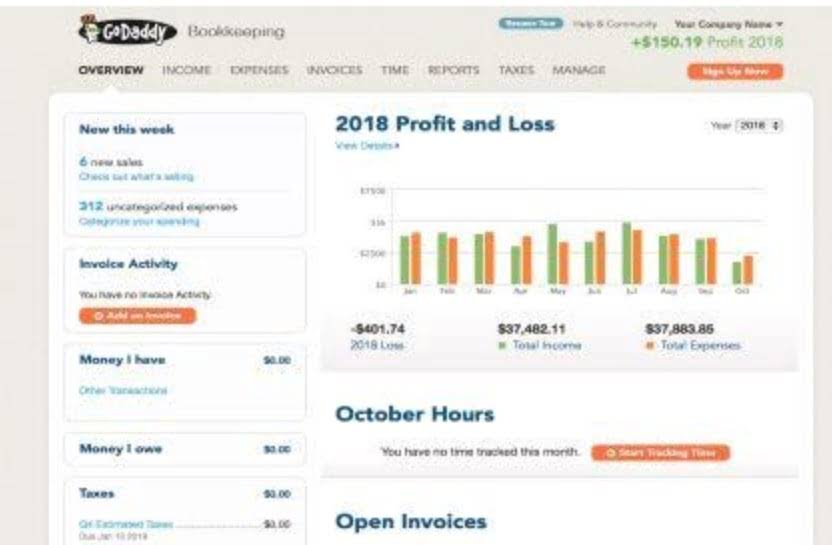Content
- signs you need a bookkeeper or accountant
- Accounting Tasks
- Head-to-Head Comparison Between Bookkeeping vs Accounting (Infographics)
- The Difference between Bookkeeping and Accounting
- Bookkeeping vs Accounting
- Learn the responsibilities of bookkeepers and accountants to know the right fit for your business needs.

Bookkeepers and accountants are both critical for the financial health of a company. If you’re not tracking daily expenses, you’ll have very little information to give to your accountant and they won’t be able to make informed decisions. If you’re only focusing on expenses and not big-picture financial data, you’ll miss out on some strategic opportunities. Bookkeepers and accountants are instrumental in maintaining the financial function, structure and health of businesses and organizations across all industries. Although the two professions do have overlapping job responsibilities, there are key distinctions between bookkeeping vs. accounting. Still stumped on how to handle bookkeeping vs. accounting tasks for your small business?
Bookkeeping is the systematic tracking, recording and organizing of daily financial transactions for businesses, companies or organizations. Proper, meticulous bookkeeping allows organizations to track and accurately interpret critical information. This helps inform businesses’ decisions regarding operations, investments and other financial matters.
signs you need a bookkeeper or accountant
Bookkeepers can help organize your day-to-day finances, such as your daily sales, expenses, and even payroll. An accountant, on the other hand, will take your bookkeeper’s nuanced records and translate them into tax preparation, and also offer advice about the health of your business and future planning. Bookkeeping can further split into a double-entry and single-entry system.

They are often used to help set standards for financial reporting, and to allow for ease of assessment when it comes to someone, such as an investor or lender, offering resources to a given company. A skilled accountant is the person who helps accounting versus bookkeeping you scale and plan for the next steps in your business. They analyze your books, help you understand what’s working and what needs to change, and they offer the expertise needed to help you move into the next phase of your business.
Accounting Tasks
There are various career paths for accountants (and some for bookkeepers), from working as a forensic accountant to becoming a financial auditor or an enrolled agent. Mary Girsch-Bock is the expert on accounting software and payroll software for The Ascent. Bookkeepers can also be responsible for other tasks such as reviewing expense reports and assisting in preparing a budget. A bookkeeper’s job is an important element for any small business, and it shouldn’t be underestimated.
- In general, an accountant’s role requires higher expertise and education.
- The Bookkeeper works for the organization, while an auditor can be external or internal.
- You might start your business by handling accounting tasks yourself, then decide to hand off the day-to-day transaction input to a bookkeeper as you grow.
- Depending on your needs, you may want to consider working with both a bookkeeper and an accountant.
- The Ascent is a Motley Fool service that rates and reviews essential products for your everyday money matters.
- A CPA is an accountant who has met their state’s requirements and passed the Uniform CPA Exam.
- It also offers a payroll certification, which requires additional education.
If you plan to hire a bookkeeper or accountant, make sure to ask your potential hire what they are comfortable and experienced in doing. Also, ensure that their offerings align with your business needs and can help you achieve desired results. Goodwill is a very complicated concept that typically applies in acquisitions. It accounts for a purchase price that is higher than the fair net value plus the company’s assets put together. Essentially, it accounts for brand value, market share, customer base, and all other intangible assets that may make a company attractive to a potential purchaser. With the help of an accountant, you may be able to identify and navigate tasks including strategic tax planning, acquiring assets, calculating growth, and analyzing investment opportunities.
Head-to-Head Comparison Between Bookkeeping vs Accounting (Infographics)
The basic difference between the two lies in the tasks involved and the objective of performing the two activities. How much you make as a first-year accountant depends mainly on the specific career path you pursue. While accounting can be a lucrative long-term career, most accountants, unlike corporate attorneys or investment bankers, do not command huge salaries during the first few years. As an accountant, you may have to crunch numbers, but those are not the only skills needed.
